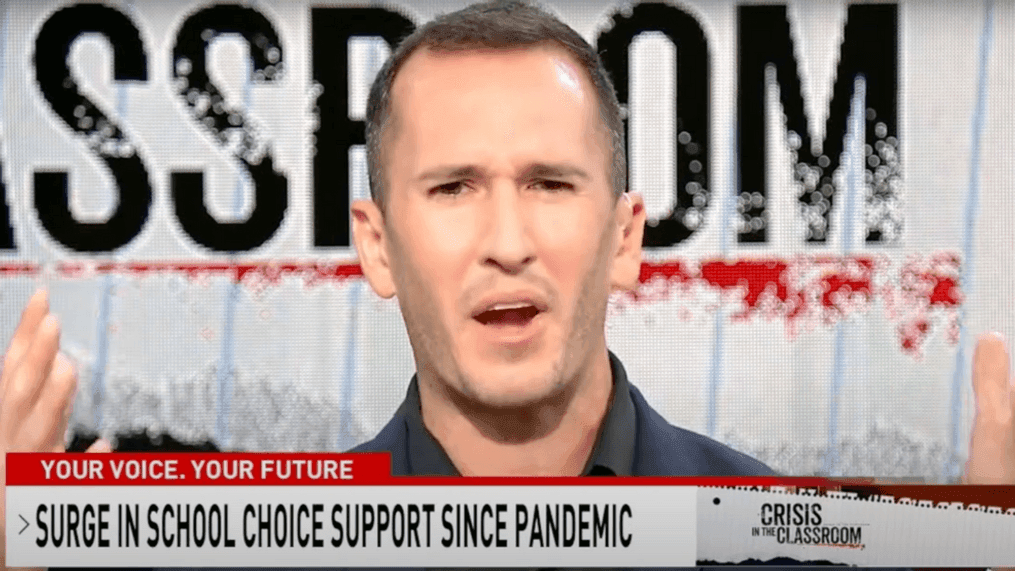Over 90% of Teachers' Union Political Funds Benefit Democrats, Drawing 'Money Laundering' Accusation

Corey A. DeAngelis, a prominent school choice advocate, has publicly accused teachers' unions of operating as a "money laundering operation for the Democratic Party," calling for their abolition. The controversial statement, shared on social media, reflects a long-standing critique from school choice proponents regarding the political alignment and financial contributions of major education unions.
DeAngelis, known as a "school choice evangelist" and author of "The Parent Revolution," consistently argues that teachers' unions, particularly the National Education Association (NEA) and the American Federation of Teachers (AFT), function as a de facto arm of the Democratic Party. His advocacy often frames public education as controlled by union interests that he believes prioritize political agendas over student outcomes.
Data from non-partisan organizations tracking political spending reveal a significant partisan lean in teachers' union contributions. During the 2021-2022 election cycle, the National Education Association and the American Federation of Teachers, alongside other large public-sector unions, collectively spent hundreds of millions on election-related activities. Nearly 96% of their political action committee (PAC) spending was directed towards Democratic candidates and causes, according to a report from the Commonwealth Foundation. OpenSecrets data further indicates that teachers' unions have consistently given at least 94% of their federal contributions to Democrats since 1990.
Critics argue that this overwhelming financial support to one party demonstrates a deep entanglement between unions and the Democratic political machine, potentially influencing policy decisions. Research has also suggested a substantial "return on campaign contributions" for teachers' unions, particularly in securing more generous pension benefits for their members.
Teachers' unions, however, assert that their political engagement is essential to advocate for public education, teachers' rights, and student well-being. They contend that their contributions support candidates who align with their values and policy goals, which they argue are predominantly found within the Democratic Party. This political spending, they maintain, is a legitimate exercise of their members' collective voice in shaping educational policy and protecting the interests of educators.